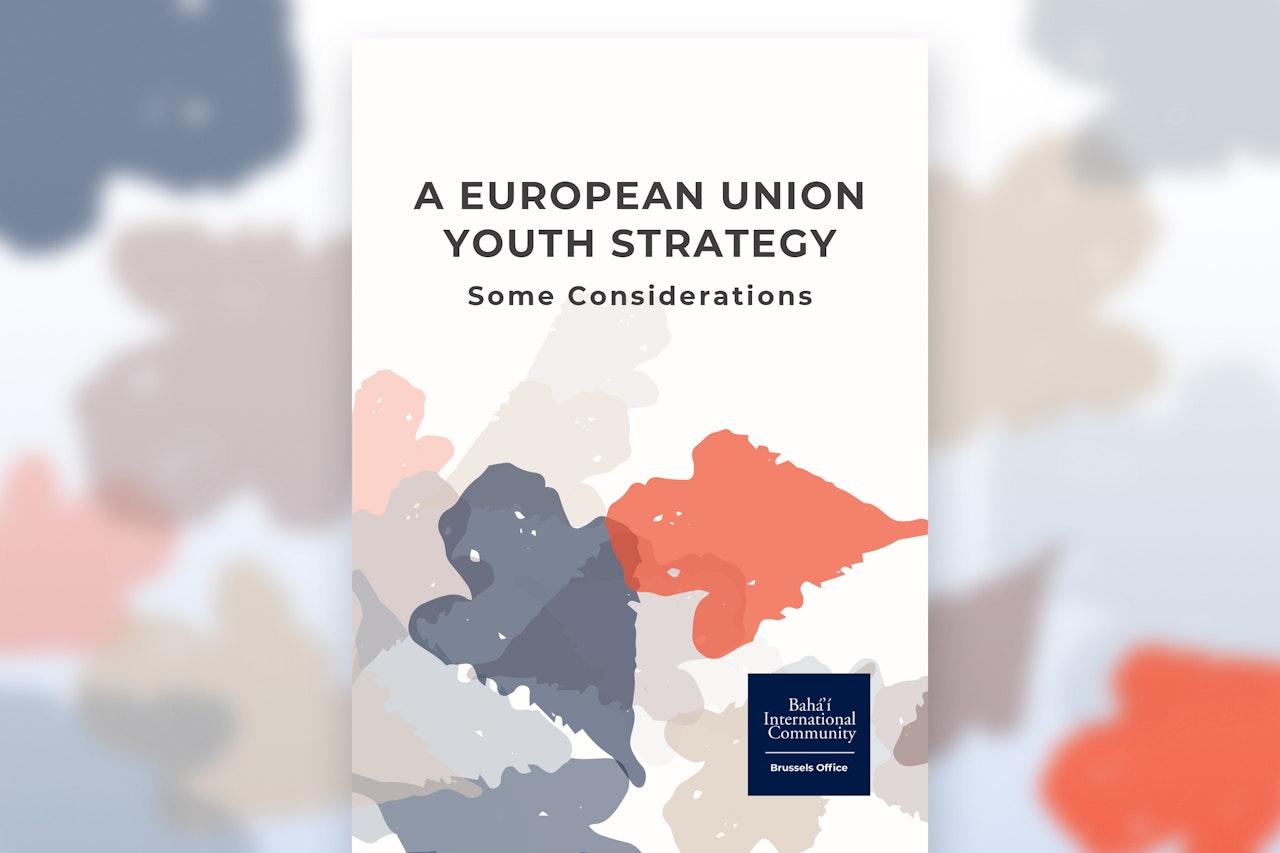Youth
BIC highlights essential role of youth in social transformation
A new statement by the Brussels Office of the Bahá’í International Community explores avenues for nurturing young people’s potential as catalysts for social change.

A new statement by the Brussels Office of the Bahá’í International Community explores avenues for nurturing young people’s potential as catalysts for social change.

BIC BRUSSELS — The Brussels Office of the Bahá’í International Community (BIC) has released a statement highlighting the essential role of youth as protagonists in shaping societal progress.
The statement, titled A European Union Youth Strategy: Some Considerations, invites reflection on avenues for nurturing young people’s potential as catalysts for change through broadening the role and purpose of education, strengthening community life, nurturing intergenerational relationships, and enabling participation in consequential decision-making processes.
The statement has been distributed to EU and member state officials, as well as civil society organizations and academics, seeking to inform the discussions within the EU member states responsible for youth policy. Its release coincides with a significant meeting in Brussels that marks the mid-point of the European Union Youth Strategy (2019 – 2027).
Rachel Bayani, a representative of the Brussels Office, spoke with the Bahá’í World News Service: “Youth have a unique ability to address today’s challenges, as they are asking themselves fundamental questions about who they are and what their place in the world is.”
She added: “When encouraged and accompanied, particularly in their educational journey, that moment of questioning also gives them the ability to reimagine their society.”
She emphasized the transformative potential of education in empowering young individuals to channel their talents for both personal development and for the collective good.
Drawing inspiration from the experiences of Bahá’í educational programs that build capacity for service to society, the statement envisions the role of educational systems in inspiring young people to see their engagement in meaningful work not merely through the lens of self-interest but as a potent means to contribute to societal well-being.
This entails educational systems that foster analytical thinking about societal needs, instill a sense of moral responsibility, and guide youth in applying their knowledge to address social needs.
The BIC highlights the irreplaceable role of youth in fostering unity and collaboration among diverse groups, stating that young people are capable of leading efforts to forge new, inclusive relationships at the grassroots level, grounded in the conviction of the oneness of humanity.
The statement, which can be viewed here, builds on ongoing efforts of the BIC to contribute to the discourse on social betterment in its various dimensions.